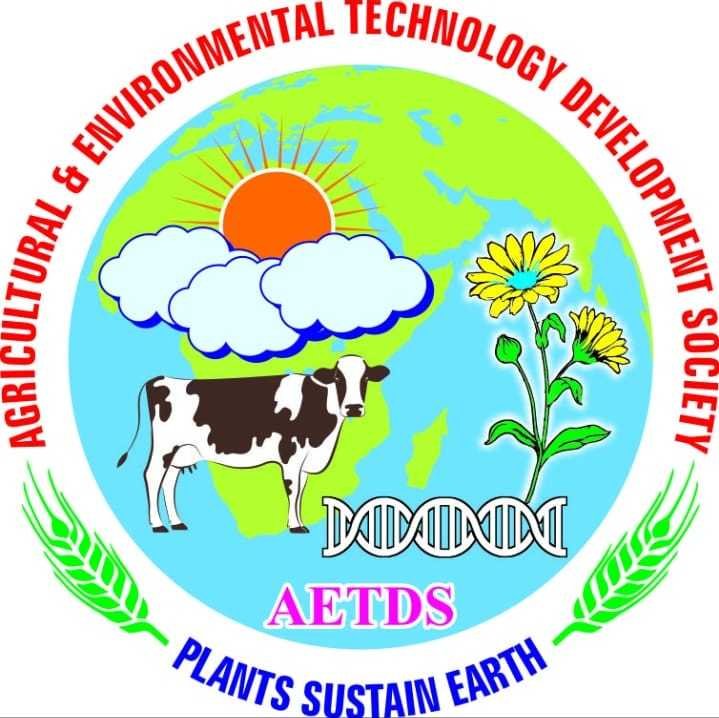
Prof. c.p. singh, president
Dr wajid hasan, Secretary
Agricultural & Environmental Technology Development Society, U.S. Nagar, Uttarakhand, India
Copyrights © 2024 All Rights Reserved. Powered by AEDTS
Publication Ethics
Ethical standards for publication exist to ensure high-quality scientific publications, public trust in scientific findings, and that people receive credit for their ideas. IJAAS follow the Committee on Publication Ethics (COPE) and abides by its Code of Conduct and aims to adhere to its Best Practice Guidelines.
To ensure a fair evaluation process, all the submitted manuscripts undergo a single-blind peer-review process. The process involves strict measures to prevent
To ensure a fair evaluation process, all the submitted manuscripts undergo a single-blind peer review process. The process involves strict measures to prevent. We firmly encourage original manuscripts and should be a sole contribution from the authors. The submitted manuscript has not been plagiarized wholly or partially from any previously published articles. It has not been published or under consideration for review by any other journal. If any infringement of the above guidelines is found in any submitted manuscripts, it will be subjected to immediate rejection and a ban of twelve months would be imposed on the authors from submitting subsequent manuscripts to any of the journals from IJAAS regardless with other co-authors who involved or not in the former infringement. The editorial boards of the IJAAS will be notified of the obligation. In case of repeated infringement, a ban for life would be imposed on the authors involved in the former infringement from submitting manuscripts in all of the Journals from IJAAS.
IJAAS closely suggest that authors declare transparency in any case of duplication and demonstrate significant development in the submitted manuscript than the original article with correct citations. We endorse COPE guidelines to handle the submitted manuscript in case suspected for any duplication or substantial overlap.
It is highly recommended to mention the ethical approvals for animal experimentation, sample collection or trials on humans with their consent. Also, maintain transparency to acknowledge competing interests and disclose any partial benefits from individuals in manuscript preparation or funding resources for the research.
All animal experiments should comply with the ARRIVE guidelines  and should be carried out in accordance with the UK Animals (Scientific Procedures) Act 1986 and associated guidelines (UK Animal Act 1986
and should be carried out in accordance with the UK Animals (Scientific Procedures) Act 1986 and associated guidelines (UK Animal Act 1986  ) or EU Directive 2010/63/EU on the protection of animals used for scientific purposes (EU Directive 2010)
) or EU Directive 2010/63/EU on the protection of animals used for scientific purposes (EU Directive 2010)  , or the US Public Health Service Policy on Humane Care and Use of Laboratory Animals and, as applicable, the Animal Welfare Act
, or the US Public Health Service Policy on Humane Care and Use of Laboratory Animals and, as applicable, the Animal Welfare Act  .
.
If any departures are observed from the above-mentioned policies, Editors-in-Chief can be notified immediately to resolve the problem.

Agricultural & Environmental Technology Development Society, U.S. Nagar, Uttarakhand, India